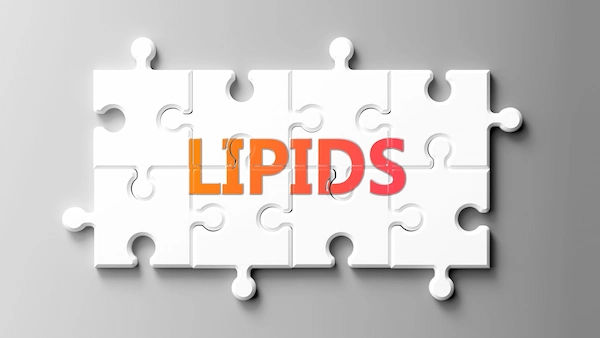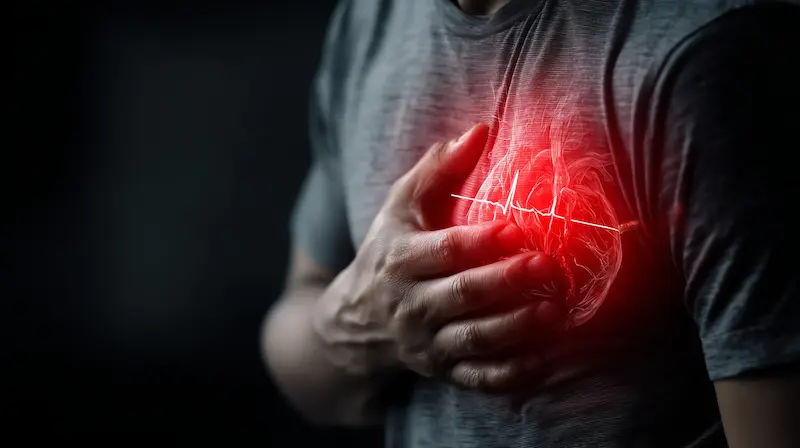- female
- 60 Years
- 29/01/2025
I'm really worried about my mom. She had a fever of 100.5 last week and hasn't had blood pressure issues before, but her BP was around 100160. We've had some family stress lately, so I'm thinking that might be affecting her health. The doctor did some tests like lipid, fasting sugar, uric acid, and creatinine, and they all came back normal. However, her BP has consistently been 100150 when we've checked recently. The doctor suggested starting her on Olmecip. I'm wondering, is there a way to manage her blood pressure without having to use medication? Any advice would be really appreciated.
Answered by 1 Apollo Doctors
Lifestyle changes such as regular exercise, a healthy diet low in sodium, maintaining a healthy weight, reducing stress, and avoiding tobacco and alcohol can help in controlling blood pressure. However, in some cases, medication may be necessary. In your mother's case, since her blood pressure readings have been consistently high, the doctor prescribed Olmecip. This medication is an angiotensin II receptor blocker that helps to relax blood vessels, lowering blood pressure. The usual starting dose of Olmecip is 20mg once daily. It is important to follow the doctor's advice and monitor blood pressure regularly.
Dr. Ranjith Suggests...
Consult a Cardiologist
Answered 04/07/2025
0
0

More Cardiology Health Queries
View allI've had a chest X-ray done and they tested the size of my heart wall. They said everything's okay with my heart, but I'm still wondering, is it normal to have the same weight of 65 kg for the past 2 years? Should I be concerned about anything despite the tests being clear?
donot worry if you have symptoms do 2D echo
Answered by 1 Apollo Doctors
I've been keeping an eye on my triglycerides levels, which are currently at 230, and my HDL is at 28. We usually cook with mustard oil at home. I've heard some conflicting info about it building up triglycerides around the heart. Is mustard oil actually heart-friendly, or should I be considering other options for cooking? I'm really hoping for some guidance on this.
Mustard oil is not recommended for individuals with high triglyceride levels as it may contribute to an increase in triglycerides. It is advisable to switch to healthier cooking oils such as olive oil or canola oil, which are beneficial for heart health. Additionally, incorporating foods rich in omega-3 fatty acids like fatty fish, flaxseeds, and walnuts can help improve your lipid profile.
Answered by 1 Apollo Doctors
I've been dealing with palpitations and high blood pressure diagnosed at 140 over 90 around four months ago. They did an ECG and ECHO, and those came back normal. I was prescribed Telma 20 and Ivabradine 5mg for the BP and palpitations. I recently stopped taking Telma 20 for a few days to keep an eye on my BP, and it settled at a constant 130 over 76. Do you think I should stop taking the BP meds altogether, or is it better to keep going with them? I've also made some lifestyle and diet changes. What do you suggest?
Yes you can stop the drug and check your BP daily for 2 weeks if its maintained normal,you can pause the drug an dcontinue healthy life style
Answered by 1 Apollo Doctors
Disclaimer: Answers on Apollo 247 are not intended to replace your doctor advice. Always seek help of a professional doctor in case of an medical emergency or ailment.

_0.webp)


